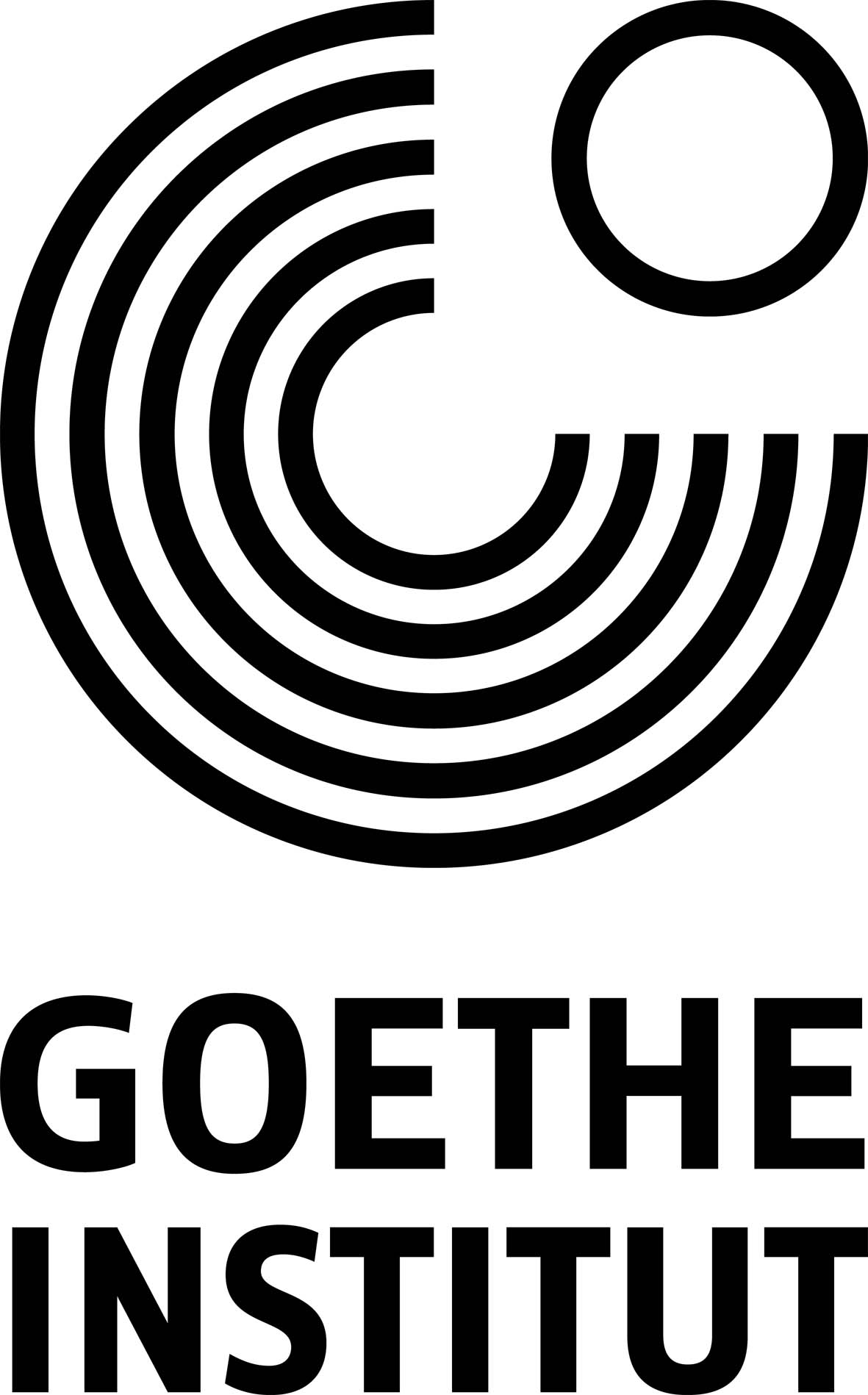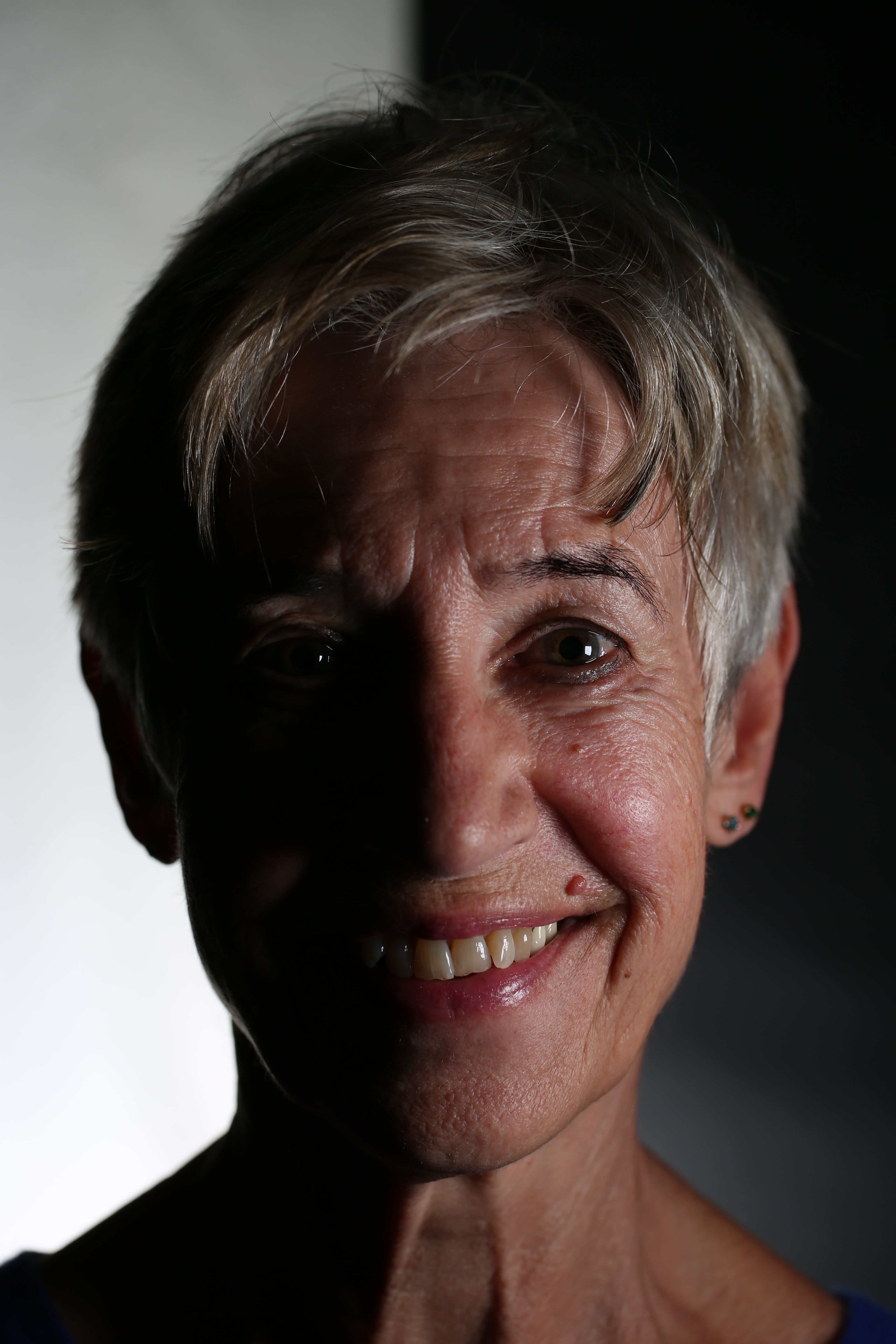Born After. Reckoning with the German Past across Generations
In cooperation with the Goethe-Institut Boston 
Thursday, November 12, 2020
12-1:30 pm Eastern Time (US) / 6-7:30 pm German time
Zoom Webinar
You can watch a recording of the complete event by clicking the button above.
About the Event
"A painfully honest and mesmerizing reflection on what it means to have been born a German in the wake of the Holocaust."
– Deborah E. Lipstadt
What do we do with pasts we inherit that carry shame? A major and original contribution to thinking about and grappling with the legacies of German and Nazi history, this book reflects on the relationship between history and memory through the personal narrative of a postwar German intellectual. Arguing that the pasts
that haunt us are shaped both by the things people did and suffered and the affective traces the past leaves in memory, Born After is a powerful meditation on questions of guilt, complicity, loss, and longing. With bracing honesty and without sentimentality, Bammer draws on her own family story to think anew about a history that we have come to accept as familiar. Inflecting questions about history with questions about ethics, her book speaks to all those concerned with historical pasts that remain unreconciled.
Asking, what do we do with pasts that carry shame, Angelika Bammer traces the legacy of Nazi history across several generations of her German family. Her talk explores the affective impact of this legacy and propose that the shifting ground between remembering, forgetting, and misremembering is the ethical foundation on which we build our lives.
About the Author
 Angelika Bammer is Associate Professor of Comparative Literature at Emory University, USA. She is the author of Partial Visions: Feminism and Utopianism in the 1970s (revised edition, 2015; 1st edition, 1991), and the editor of The Future of Scholarly Writing: Critical Interventions (2015) and Displacements: Cultural Identities in Question (1994).
Angelika Bammer is Associate Professor of Comparative Literature at Emory University, USA. She is the author of Partial Visions: Feminism and Utopianism in the 1970s (revised edition, 2015; 1st edition, 1991), and the editor of The Future of Scholarly Writing: Critical Interventions (2015) and Displacements: Cultural Identities in Question (1994).